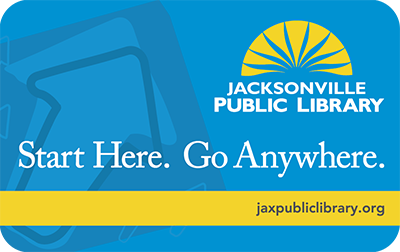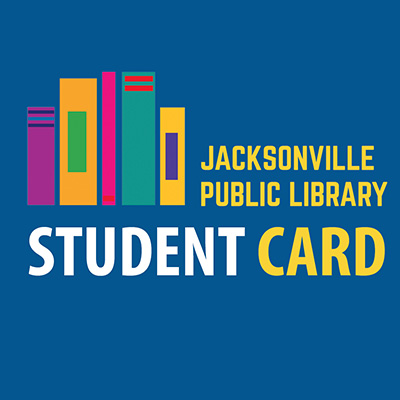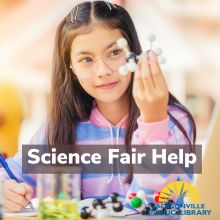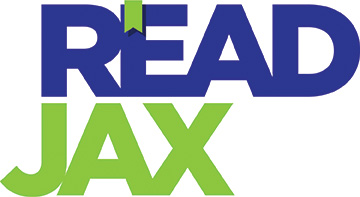About Literary Science Sparks
The Jacksonville Public Library offers a number of different options that support educators, including our Educator Card, online databases, and outreach to classrooms.
Literary Science Sparks was created to address the needs of students to read both literary and informational texts, and to assist science teachers by providing ideas for standards driven, cost effective classroom activities.
According to a national study by the Kaiser Family Foundation, the average child in the United States spends roughly 4 ½ hours a day watching TV, 2 ½ hrs listening to music, and 1 hour 15 minutes playing video games… Less than 4 minutes a day is spent reading nonfiction or informational texts (Rideout, Foehr, & Roberts, 2010). The Florida language arts, literacy, and Next Generation science standards attempt to correct this imbalance by placing an emphasis on reading nonfiction. “By fourth grade, half of what students read needs to be informational text, and the percentage continues to grow. By a student’s senior year of high school, 70% of what they are reading needs to be information based. It is important to note that these percentages cut across students’ curriculum and are not required of individual content courses” (National Governors Association Center for Best Practices, Council of Chief State School Officers, accessed November 2015).
What they read makes a difference to students educational success. Reading fiction provides enjoyment, increases vocabulary and language comprehension, encourages empathy towards other people, and improves communication skills. “One reason reading nonfiction may be so important is that it helps students develop their background knowledge, which itself accounts for as much as 33% of the variance in student achievement” (Marzano, 2000). Reading nonfiction also helps to develop research skills and teaches students how to critically evaluate sources of information. “Increasing the amount of students’ nonfiction reading- such as biographies- could better prepare students for the years ahead” (World Book, 2017).
Literary Science Sparks addresses these issues by offering a literary and informational pairing of texts chosen with grade level content and curriculum support in mind. Each grade level from 6-12 has its own resource page that includes the standards addressed, the text pairings, book discussion questions, and a lesson plan for a classroom activity.



